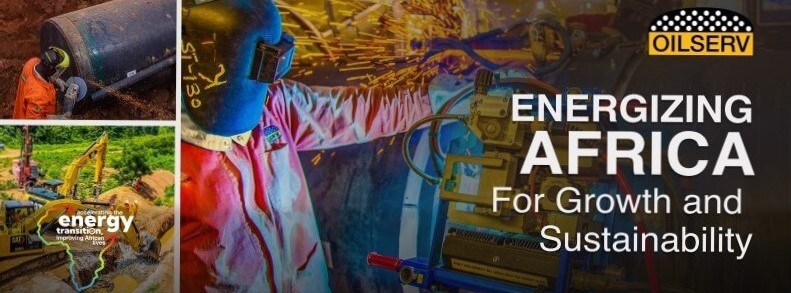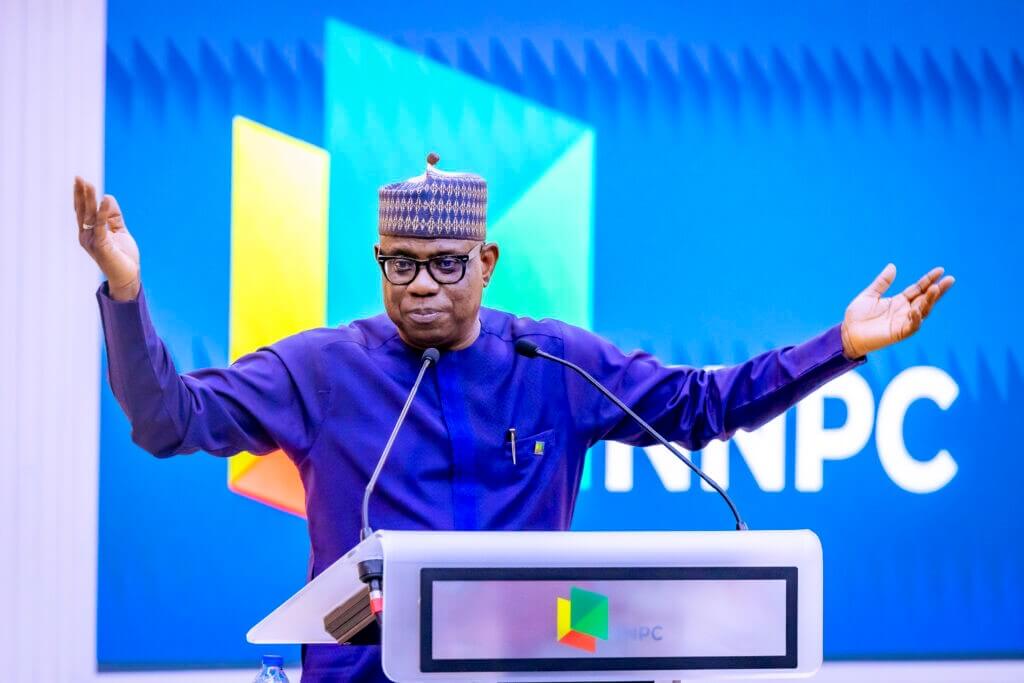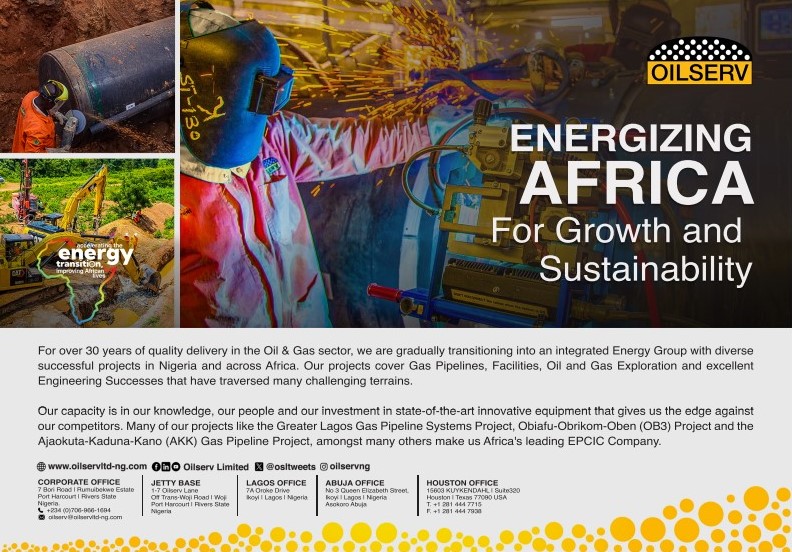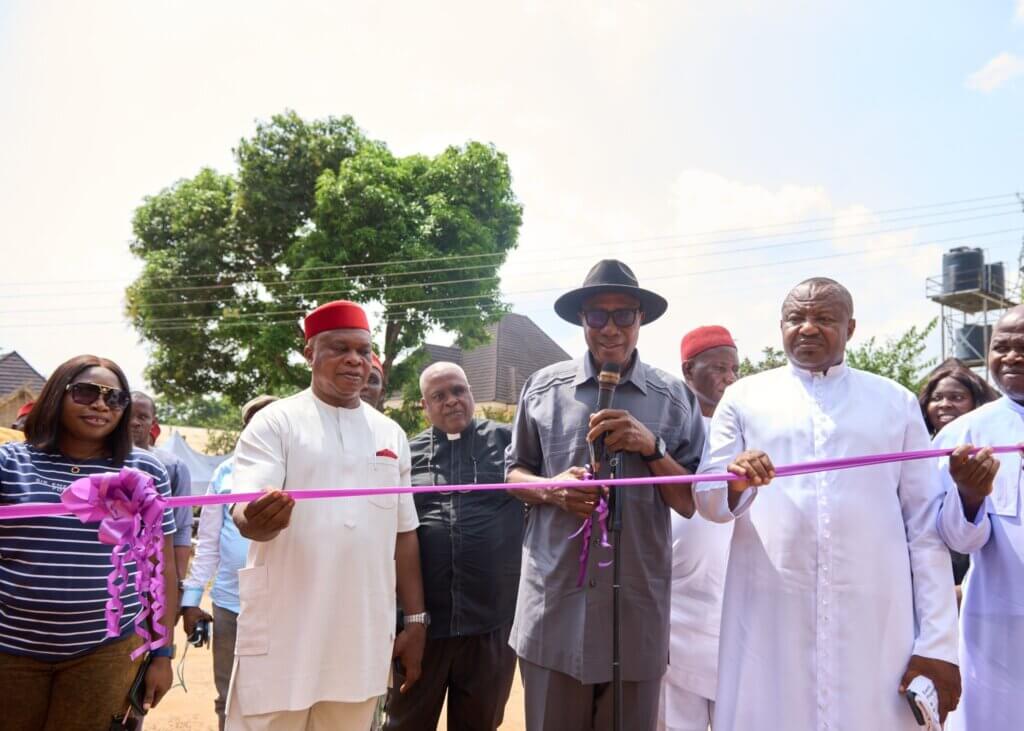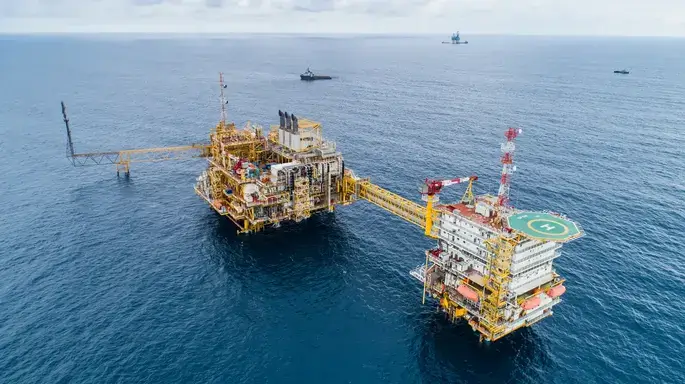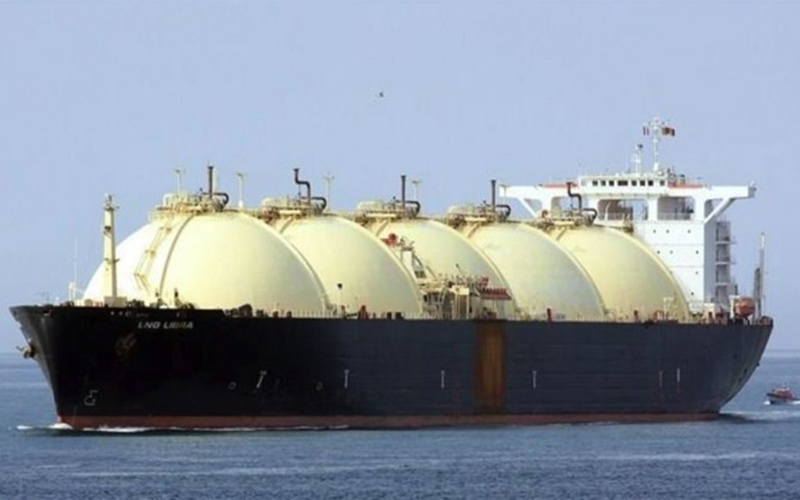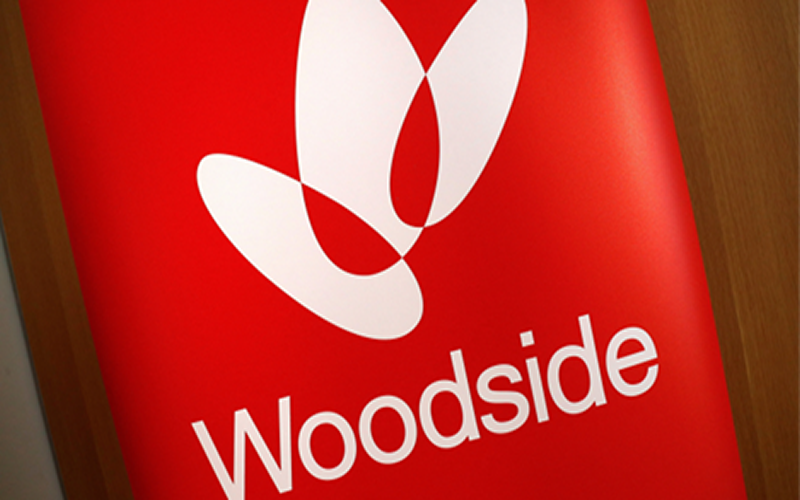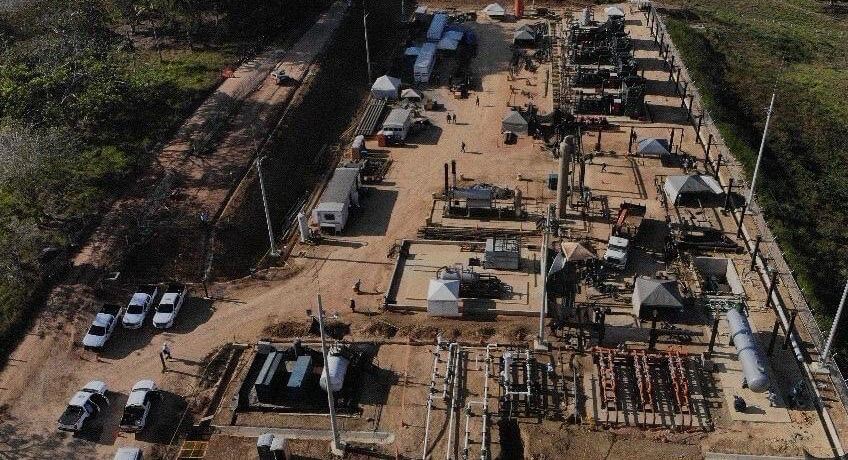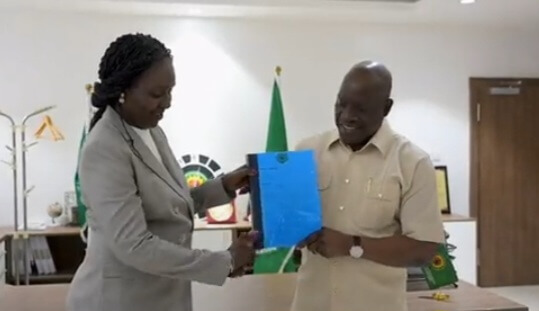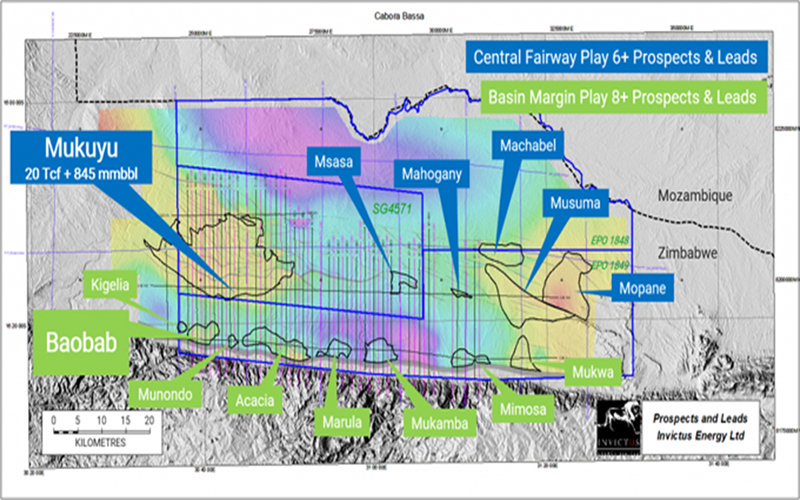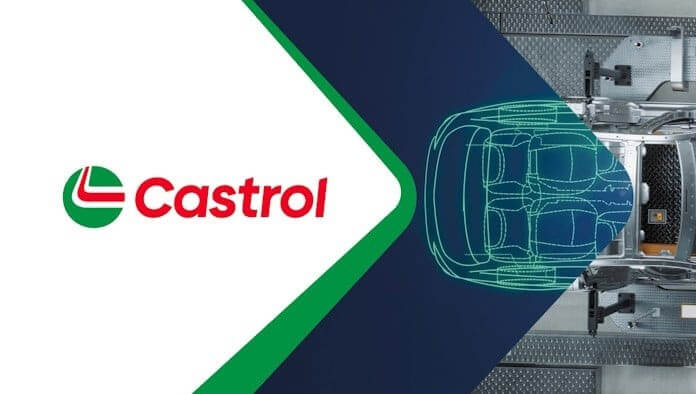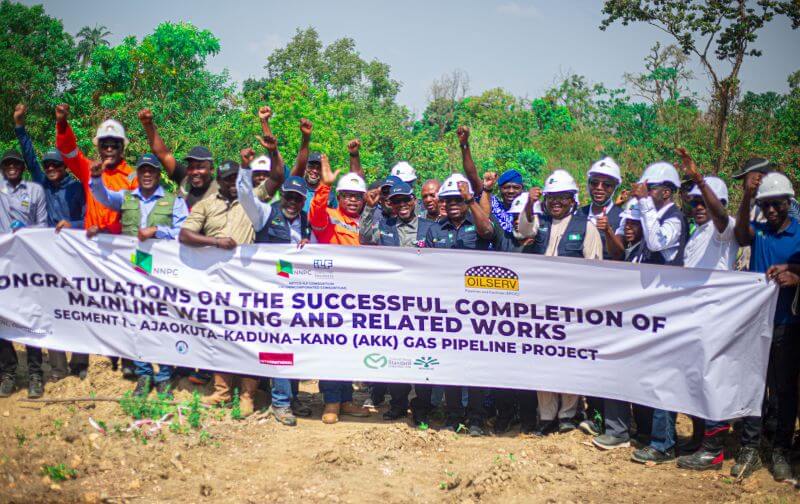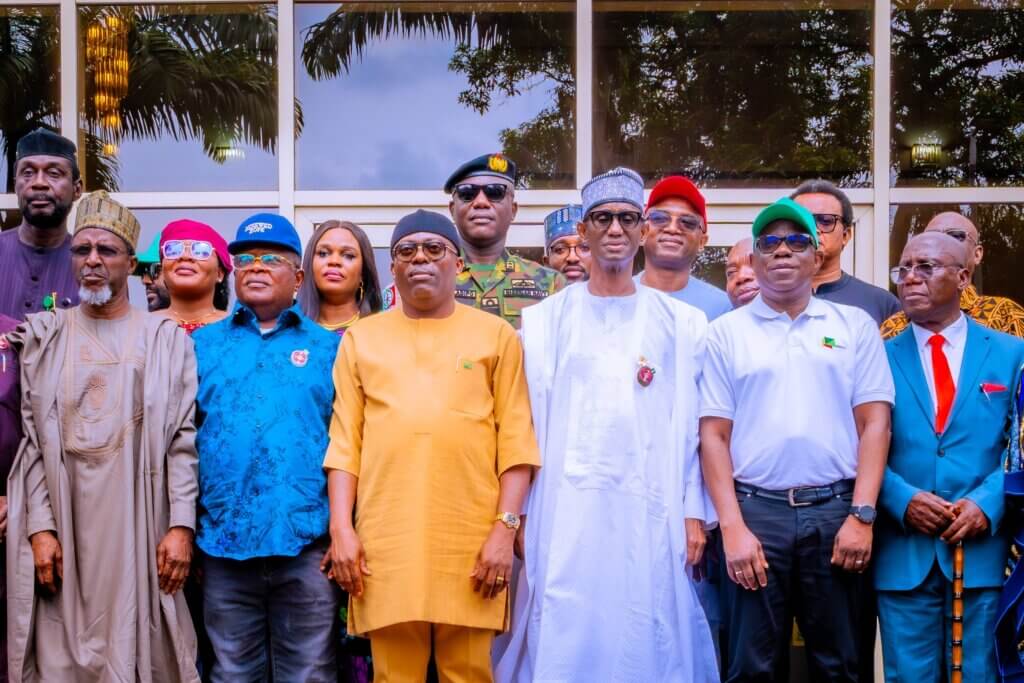
The Libyan National Army, the military group that has imposed an eight-month oil blockade on the OPEC producer, has promised to reopen the country’s energy shipments following talks with other Libyan groups, the US embassy in Tripoli said in a statement on Sept. 12 according to Platt media.
After US Ambassador in Tripoli Richard Norland exchanged letters with LNA leader General Khalifa Haftar and held discussions with other Libyan officials, he emphasized US “support for a financial model that would constitute a credible guarantee that oil and gas revenues would be managed transparently and preserved for the benefit of the Libyan people,” according to the statement.
“The LNA subsequently conveyed to the US government the personal commitment of General Haftar to allow the full reopening of the energy sector no later than September 12,” the embassy added in the statement.
State-owned National Oil Corp. couldn’t be immediately reached for comment. The LNA has yet to issue an official comment regarding the US embassy statement.
LNA, GNA
The North African oil producer has been wracked by conflict between the UN–backed Government of National Accord and the LNA that has almost completely halted its oil output. The LNA has previously named three conditions to lift the blockade: opening a special bank account for oil revenue in an unnamed country outside Libya for equitable distribution of oil revenue; preventing oil revenue from funding “terrorism and mercenaries,” and auditing central bank oil revenue accounts over the past years.
The conflict between the GNA, which is supported by Turkey and Qatar, and the LNA, based in the east and backed by Russia, Egypt, the UAE and Saudi Arabia, has hit the country’s oil industry.
On Jan. 18, eastern groups, supported by the LNA, halted exports from five key oil terminals, dramatically reducing the country’s oil production, with most of the crude that was exported being loaded directly from Mediterranean offshore fields.
Crude production in Libya, which holds Africa’s largest crude reserves, has been slashed from more than 1.1 million b/d before the blockade to around 70,000-110,000 b/d in the past few months due to the oil embargo.
A cease-fire after UN-mediated talks in Geneva in August led to hopes that crude exports could soon resume, with higher production to follow.
Power shortage
“The embassy welcomes what appears to be a Libyan consensus that it is time to reopen the energy sector,” it said in the statement. “As Libyans suffer from an acute electricity crisis rooted in the forced shutdown of oil and gas production, grapple with the COVID-19 pandemic and confront the threat posed by foreign mercenaries and armed groups at critical energy infrastructure sites, the implementation of these commitments is urgently needed to promote the well-being of the Libyan people.”
The LNA started the oil blockade at five key oil export terminals, a move that has created a severe crude products and power shortage, and cost the country over $6.5 billion in oil revenue losses, according to the NOC. The blockade led NOC to declare force majeure on loadings from Marsa el-Hariga, Brega, Es Sider, Ras Lanuf, Zueitina and Zawiya.
The NOC reiterated on Twitter Sept. 11 the need to lift the oil blockade, decrying the stoppage of gas production for power generation, which has forced it to import diesel and deplete cash reserves.
“Without a lifting of the illegal blockade, the current crisis cannot be resolved,” NOC Chairman Mustafa Sanalla said in the tweet. “NOC efforts alone cannot avoid an even more crushing crisis this winter, a season of the year during which diesel consumption traditionally doubles.”
The NOC canceled the export of a crude cargo from Es Sider, sources familiar with the matter told S&P Global Platts on Sept. 10, with the security situation apparently still too tenuous to allow a Hess-chartered tanker to dock at the port.
The increased presence of armed mercenaries at Es Sider made NOC unwilling to lift the force majeure on loadings at the terminal, the sources said, asking to remain anonymous.













